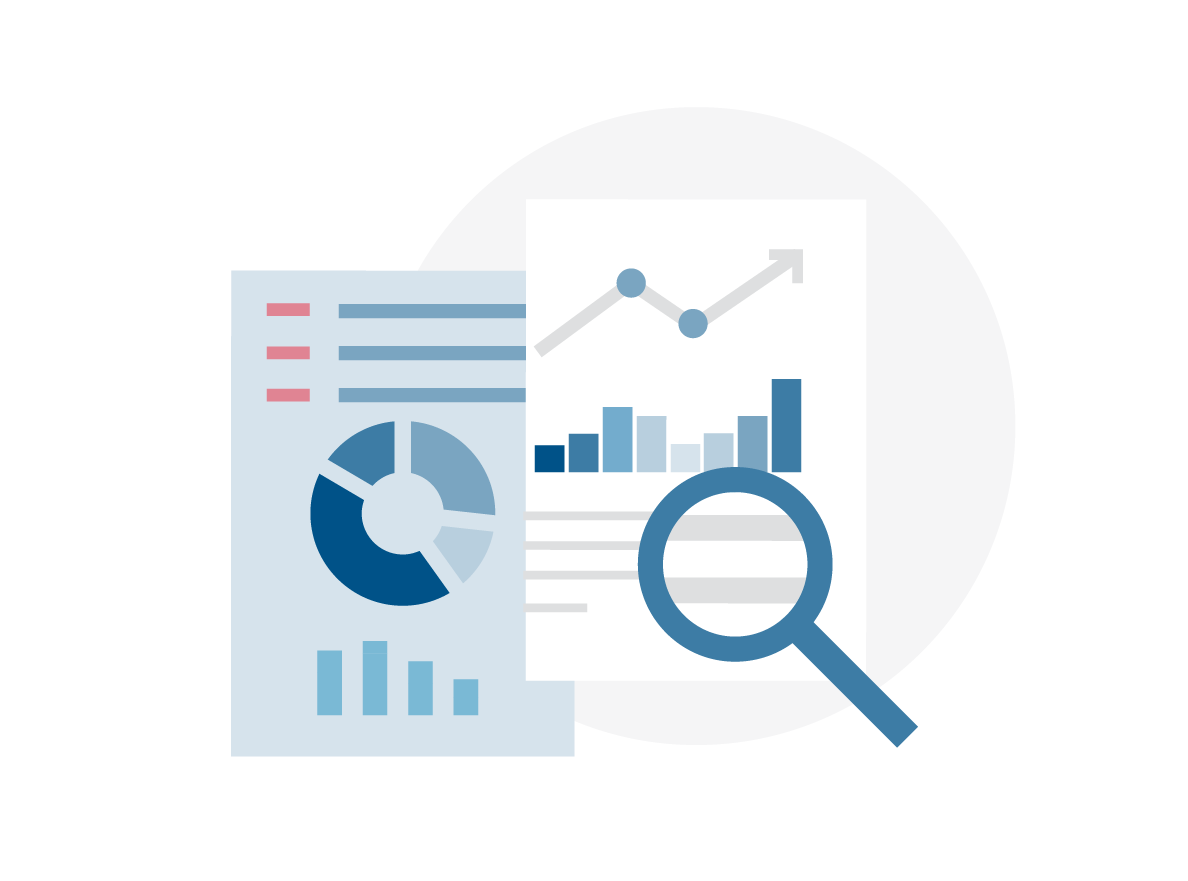FEMA collects vast amounts of data on multiple aspects of emergency management — Disaster Information, Individual Assistance, Public Assistance, Hazard Mitigation, National Flood Insurance Program (NFIP), and Grants. Data sets are available for download, along with an application programming interface (API) that provides data in an easily digestible, machine readable format.
By making FEMA’s data publicly available, OpenFEMA promotes government transparency and accountability, as well as enables collaboration with community partners—such as banks, financial companies, insurance companies, mortgage and real estate companies, private sector companies, universities/academia, journalists, non-profits, federal/state/local government agencies, and citizens/individuals—to improve outcomes in support of disaster survivors.
Goals
- Release high value data sets to the public in machine-readable formats and via an application programming interface (API) in accordance with Federal Open Data directives, executive orders, and legislation.
- Institutionalize the OpenFEMA data release process throughout FEMA.
- Engage with internal and external partners to leverage FEMA's data to improve outcomes in support of disaster survivors.
Resources
OpenFEMA provides data in machine-readable formats through API’s and downloadable content. Use of the API requires no registration, follows the same Privacy Policy as FEMA.gov, and adheres to open industry standards.
OpenFEMA services are offered subject to your acceptance of the Terms and Conditions contained herein.
The Changelog identifies API feature changes as well as new, updated, and deprecated datasets.
OpenFEMA Data Resources
Data Sets
A convenient table listing both API available datasets and FEMA Library datasets.
API Documentation
FEMA provides read-only API-based access to data sets. Learn how to use the API, including command examples.
OpenFEMA Learning Resources
Working With Large Datasets
Recommendations and techniques for working with OpenFEMA’s large data files.
Frequently Asked Questions
Answers to the most commonly asked questions regarding OpenFEMA data sets and API.
Machine Readability for Online Data
Available from data.gov, this page provides a detailed explanation of machine readable data.
Developer Resources
Additional OpenFEMA API data for software developers, including code examples.
Open Government
Overview of relevant "open" legislation, as well as resources to access FEMA and non-FEMA data.
Other Data Resources from FEMA (Non-OpenFEMA)
Data Visualization
Explore a series of interactive visualizations that allow you to explore FEMA’s data.
Other FEMA Data Sources
FEMA offers several ways to receive automatic updates on press releases, disaster declarations, blog posts and information from our partners.
Contact
OpenFEMA is managed by the FEMA Office of the Chief Information Officer (OCIO) Office of the Chief Technology Officer (OCTO). To contact our team, email openfema@fema.dhs.gov with questions, comments, or data requests. Ideas, suggestions, and success stories are always welcome.
For inquiries not related to OpenFEMA, please see the listing of other FEMA Contacts.


